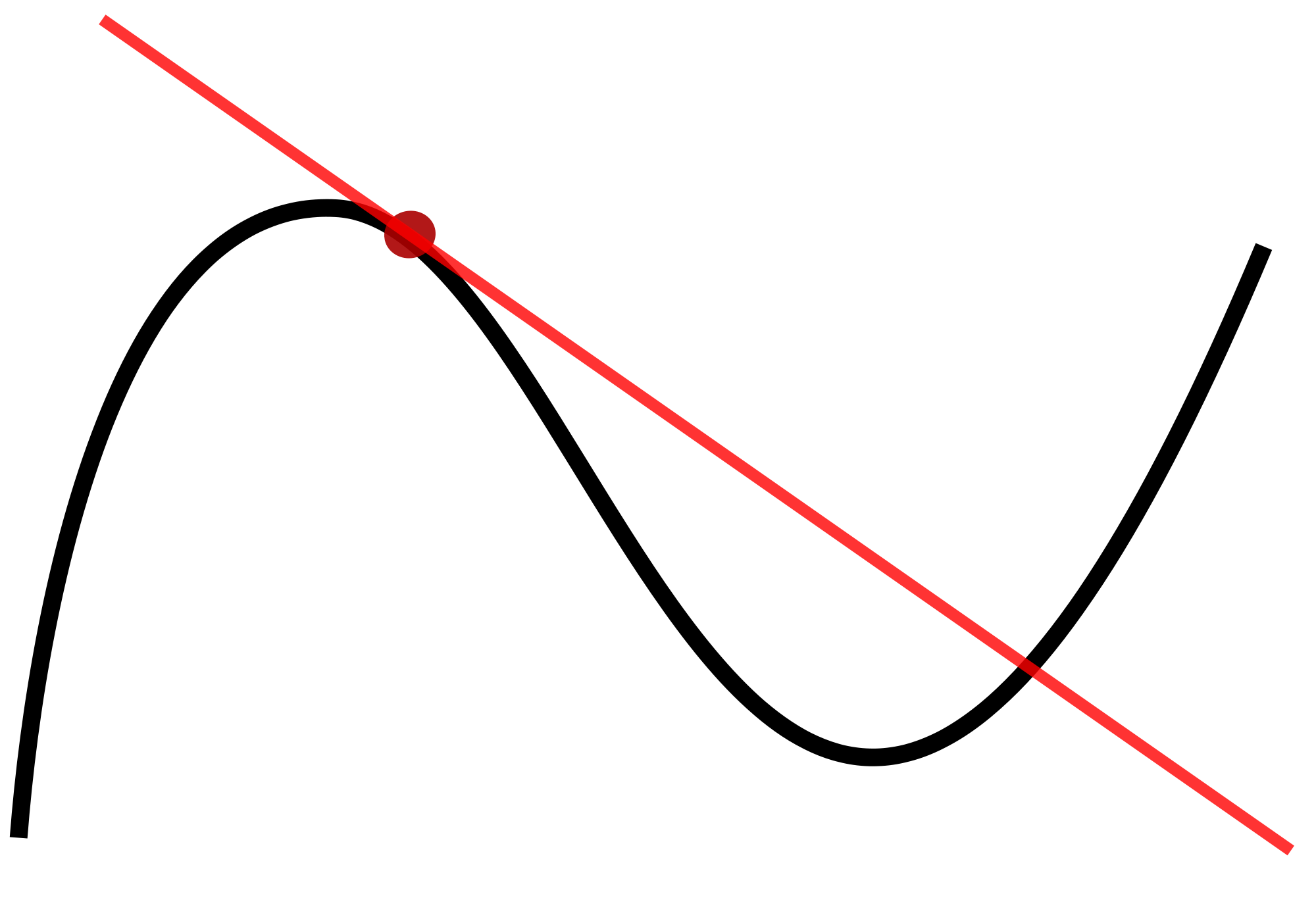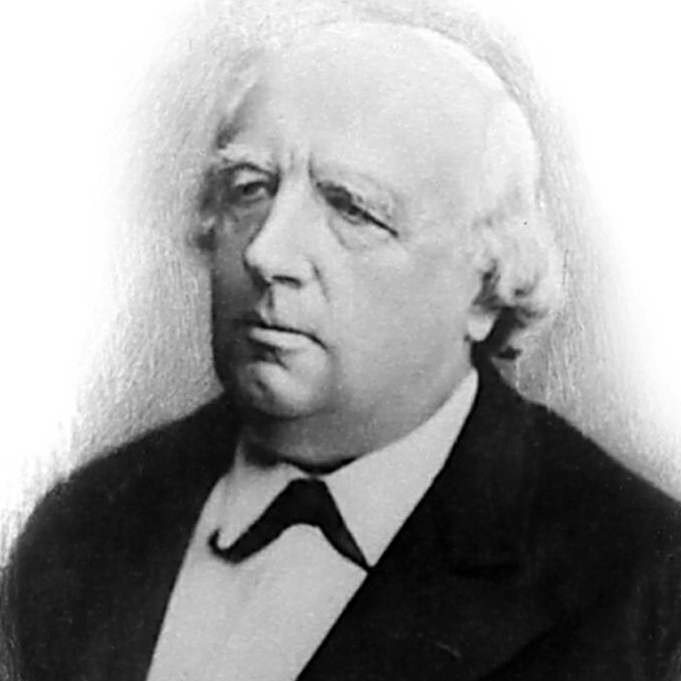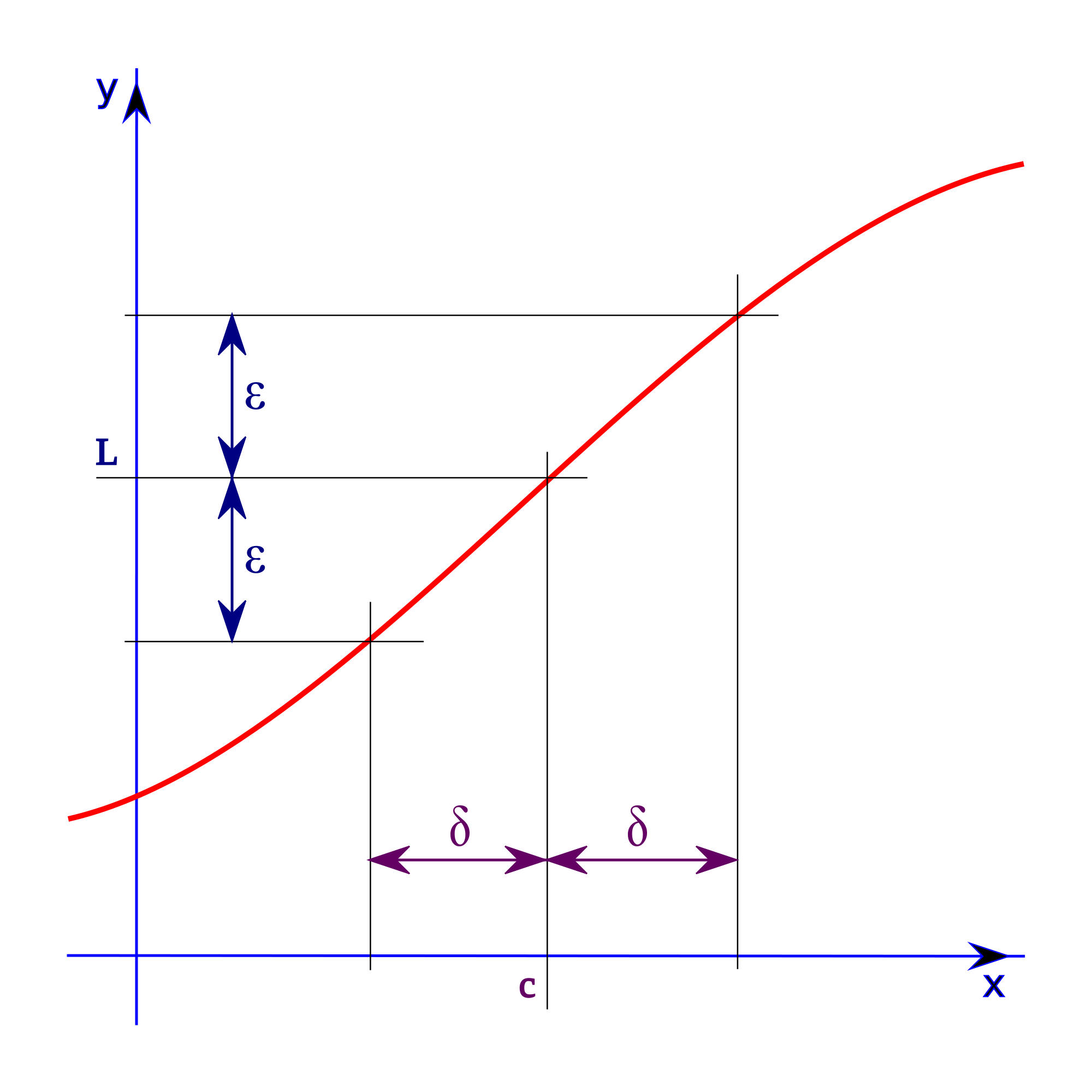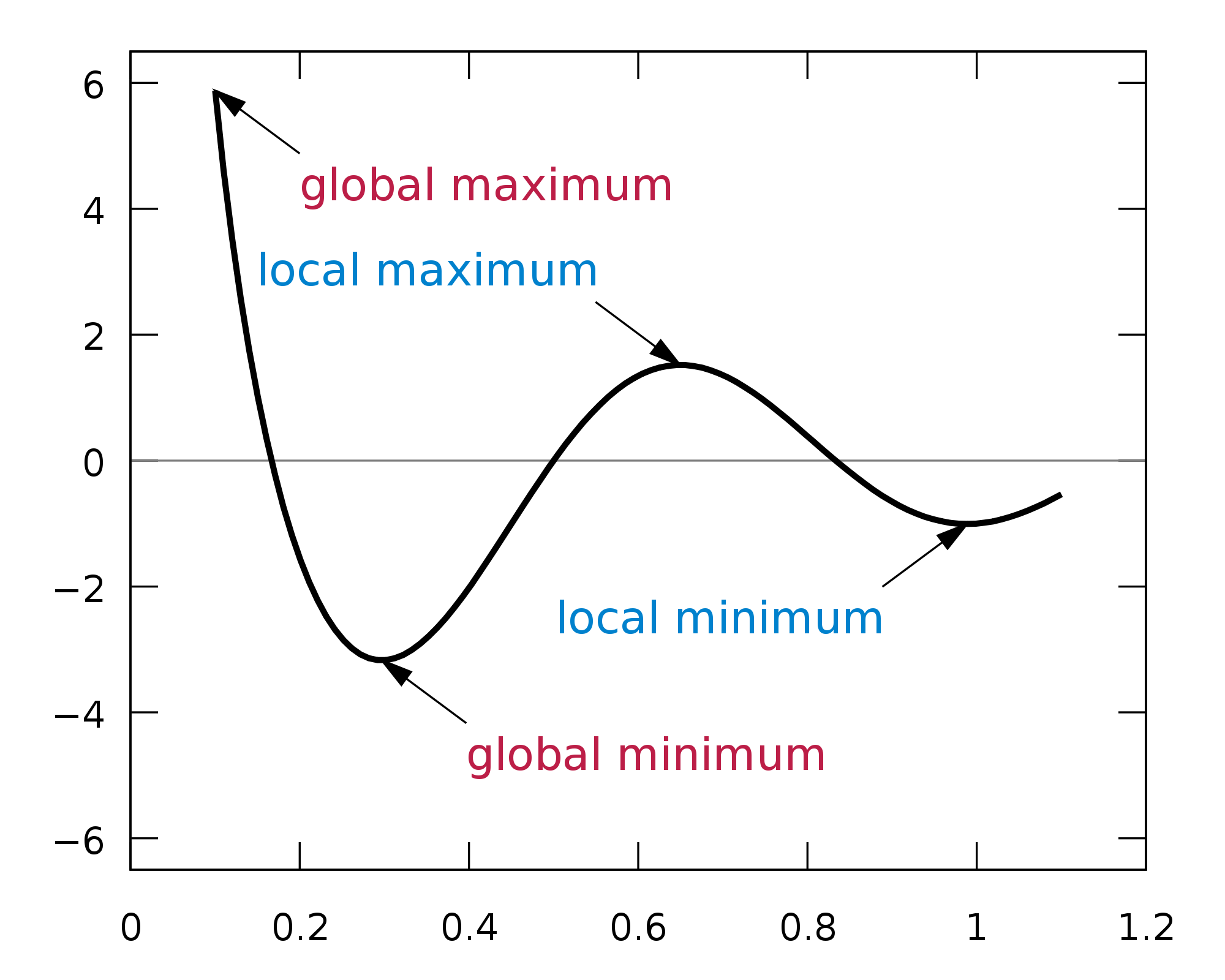



- Goals:
- At the end of the course, students should be able to
- make calculations with agility, accuracy, intelligence, and
flexibility;
- explain the basic concepts of calculus clearly and reason logically
with them;
- solve extended problems, with good judgment in the choice of tools
and in checking answers.
- Expectations:
- To achieve these goals, students are expected to
- read each section of the textbook before the material is presented
in class,
- attend the lectures and tutorials,
- complete all homework assignments,
- discuss mathematics with other students
- Assessment:
- The course grade will be computed as follows:
- 20% Homework
- 20% Tests (5% each)
- 30% December exam
- 30% April exam
- Exams:
-
The December exam will be on Friday, December 16, 2011 at 14:00.
The April exam will be on Thursday, April 26, 2012 at 14:00.
- Tests:
-
There will be in-class tests on the following dates: Tuesday, October
4, 2011; Tuesday, November 8, 2011; and Tuesday,
February 7, 2012; Tuesday, March 13, 2012. The in-class
tests will be fifty minutes long. No textbooks, notes, data sheets, or
calculators may be used during tests. There are no makeups for missed
tests.
- Homework:
-
There will be two kinds of homework.
- Exercises give you a chance to practice and refine your
basic skills. The Fall and Winter schedules list the exercises in [S7E]
(in the Read & Do column) for each lecture. These exercises will
not be collected or graded.
- Problem sets consist of approximately 3 questions.
Intended to be harder than the exercises, they may ask you to apply a
technique in a mildly novel context or combine concepts that you have
only seen before in isolation. Problems sets are posted in PDF under
the Links column of Fall and Winter schedules. Your
browser can be trained to open these files with free program
Acrobat Reader (or other
PDF viewer). Problem sets will be collected at the beginning of
class; late homework will not be accepted. Your best ten
problem sets from each semester will determine your homework grade.
Graded homework can be picked up in the Math 120 boxes outside of 201
Jeffery Hall.
- Written work:
-
We write to communicate. Please bear this in mind as you
complete assignments and exams. Work must be neat and legible to
receive consideration. You must explain your work in order to
obtain full credit; an assertion is not an answer.
- Help:
- Help is available if you have trouble with homework or lecture material.
- The tutorials are an excellent place to ask questions.
- You may also take advantage of the Math Centre (201 Jeffery Hall).
You may drop by whenever the Centre is open; no appointment is
necessary.
- Technology:
- Calculators (in particular graphing calculators) are not required for
this course. If you have one, you are welcome to use it (or any other
available technology) when you do your homework. However, calculators,
computers, or smartphones will not be allowed during tests or exams.
- Disabilities:
- Students with disabilities, who will be taking this course and may need
disability-related accommodations, are encouraged to make an appointment
to see the instructor as soon as possible. Also, please contact the
Disability Services to
register for support services.
- Academic integrity:
-
It is the obligation of each student to understand the
University's policies regarding academic integrity and to uphold these
standards. Students are encouraged to talk about the problems but should
write up the solutions individually. Students should acknowledge the
assistance of any books, software, students, or professors.



